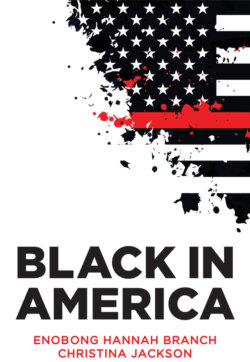Читать книгу Black in America - Christina Jackson - Страница 15
Education Denied During Slavery
ОглавлениеWithholding access to education was seen in its most extreme form in the South before emancipation, when Blacks were prohibited by law from learning to read and write (Hallihan 2001:50). This legal prohibition was universal, with few exceptions; in some states, free Blacks also had to adhere to this mandate (Lieberson 1980:137),6 and in others their education was permitted and they established their own schools or conducted them secretly (Du Bois 1901:21). Despite these restrictions, a large number of adult free Blacks, according to the 1850 census, were literate, and many Black abolitionists were self-taught (e.g., Frederick Douglass). However, given that the vast majority of slaves were illiterate, sociologist Stanley Lieberson posits that, after emancipation, “at least 93 percent of all adult Blacks were illiterate at the time of the Civil War” (1980:138).
Sociologist Pamela B. Walters (2001:41) contends that this policy of prohibiting the education of Blacks (as well as poor Whites) served the interest of the plantation elites. Since the South was an agriculture-based economy dependent on unskilled labor, educating Blacks and poor Whites was unnecessary. However, this was not the sole reason that education was withheld. According to Walters (2001:46), “they [Southern plantation elites] thought that providing ‘too much’ education for either African Americans or poor Whites might empower these subordinated groups to challenge the planter’s political hegemony.” Education was recognized as a tool of empowerment for the oppressed slaves (and poor Whites) and, in order to maintain their oppression, access to education was withheld.
